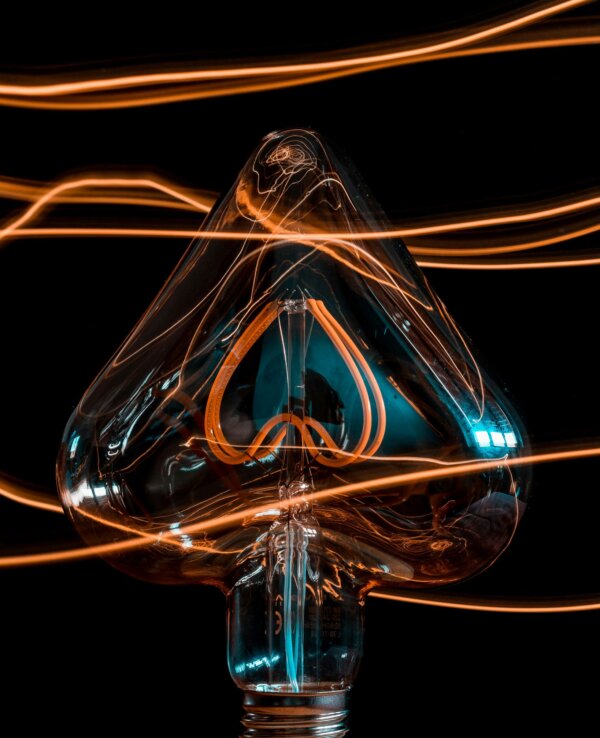In 2006, the CSI Effect was prevalent throughout the criminal courts of America, with jurors questioning forensic evidence through information that had been learned off of the TV show CSI: Crime Scene Investigations. The technical term for the CSI Effect is ‘any of several ways in which the exaggerated portrayal of forensic science on crime television shows influences public perception’.
Peter Robson in his essay on ‘The Portrayal of the Corporate Lawyer on TV: the US and British models from L.A. Law to Trust and Suits’ (2011) said that the public have gained knowledge on medicine through shows like ER, Gray’s Anatomy [sic.], Casualty, and Holby City, and that law TV shows provide the same sort of ‘knowledge’ for the non-lawyer.
Over the last decade or so there has been an increase in the popularity of TV shows that depict aspects of the law. Some of the most popular shows have been Suits, L.A. Law, Trust, Ally McBeal, Boyd QC and Silk. Corporate lawyers are depicted in these shows as tenacious, ruthless people, who never sleep, work through the night and have very complicated social lives, whilst law firms are based in imposing glass towers and are rampant with infighting and blackmail. Similarly, there are plenty of stereotypes that run between the different shows from “the big shot” partner, the up-and-coming associate, to the overachieving paralegal.
These shows have their correct portrayals but also areas which have been artistically altered. A predominant feature of an episode of a law show is that a case can be solved very quickly either within a few days or at least one week: a murder on Monday, which is solved by Wednesday and the murderer is convicted in courts by Thursday. The truth is that legal cases take a lot longer, especially if the courts are involved. A recent episode in Season 1 of Suits where a patent application was written, filed and approved in time for an important meeting on the same day – in reality this process would take a very long time. Another area that is blurred between the different TV shows is the fact that UK law and US law differs a lot. In particular, UK law is divided into two career paths: solicitors and barristers. Solicitors work primarily in offices, whereas barristers are the ones who will be presenting cases in courts. In the US this division does not exist and so their lawyers undertake both the roles of solicitor and barrister.
Briffa Comment
Some procedural take-away points relevant to patent law:
The criteria for obtaining a patent in the UK include:
The invention must be novel
It must incorporate an inventive step
It is capable of industrial application
It does not fall into one of the excluded categories
The designs must be kept secret before a patent is approved, but it can be useful to keep a detailed record of drawings and designs leading up to the final idea or product.
Have a realistic timeline: as amazing as it would be to have it all sorted very quickly, the whole process could take up to 5 years, as well as being costly and complicated.
Get in touch with our expert patent lawyers. Our specialist IP experience and expertise means we guide and advise on all available intellectual property and invention protection options. Applying for a patent may or may not be the best or most commercial option for you.
Author: Georgina Tall

